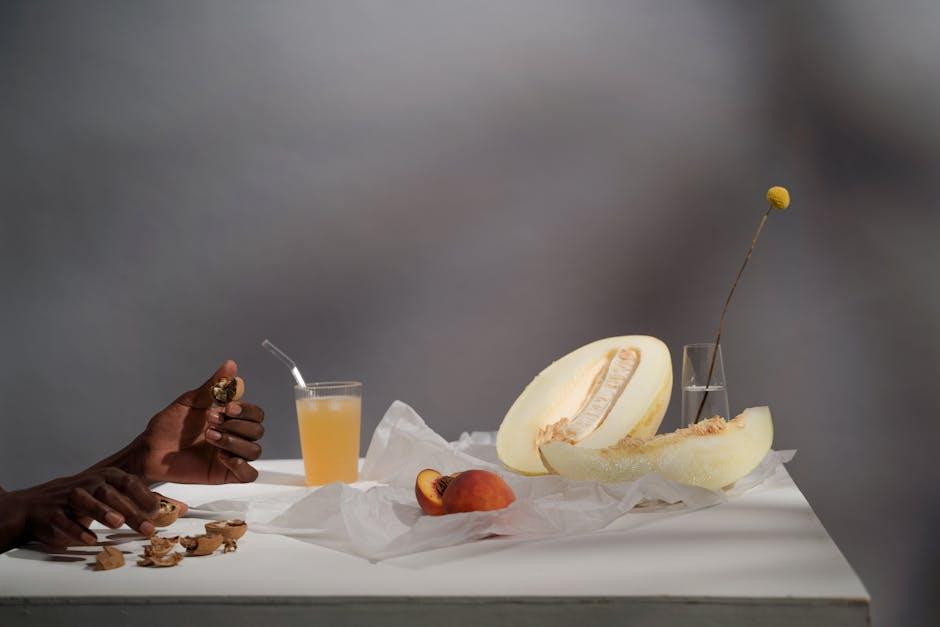Welcoming a new puppy into your home is an exciting and joyful experience, filled with wagging tails, playful antics, and endless cuddles. As a loving pet owner, you naturally want to provide the best care possible to ensure your furry friend grows up healthy and strong. One of the most important aspects of puppy care is nutrition, which lays the foundation for their overall health and development. In this article, we’ll explore practical and effective meal planning tips to help you nurture your puppy’s growth and vitality. With a warm heart and thoughtful guidance, let’s embark on this journey to give your puppy the nourishment they need to thrive.
Choosing the Right Ingredients for Your Puppys Nutritional Needs
When crafting the perfect meal plan for your puppy, it’s essential to consider a variety of key ingredients that support their unique nutritional requirements. Puppies need a diet rich in proteins, healthy fats, vitamins, and minerals to fuel their rapid growth and energetic play. Proteins are the building blocks for strong muscles and tissues, so consider including high-quality sources like chicken, beef, or fish. Healthy fats are crucial for brain development and a shiny coat, with sources such as salmon oil or flaxseed being excellent options. Don’t forget to incorporate a balance of carbohydrates like sweet potatoes or brown rice to provide energy for their playful antics.
- Proteins: Chicken, beef, fish
- Healthy Fats: Salmon oil, flaxseed
- Carbohydrates: Sweet potatoes, brown rice
In addition to macronutrients, ensure your puppy’s diet includes essential vitamins and minerals. These micronutrients support everything from bone growth to immune function. Calcium is vital for strong bones and teeth, and vitamin E acts as a powerful antioxidant. Look for puppy-specific formulations that are fortified with these nutrients, or consult with your veterinarian to ensure your homemade meals meet all their dietary needs. A well-rounded diet will not only help your puppy grow strong and healthy but also set the foundation for a vibrant life.
Crafting a Balanced Feeding Schedule to Support Growth
Designing a well-rounded meal schedule for your puppy is crucial to nurturing their development and vitality. Puppies have specific dietary needs that evolve as they grow, making it essential to tailor their feeding times and portions appropriately. Begin by dividing their daily intake into smaller, frequent meals. For most puppies, three to four meals per day is ideal until they reach six months of age. This approach ensures a steady energy supply and supports their rapid growth phases.
- Morning: Kickstart the day with a nutritious breakfast that includes a mix of high-quality proteins and essential vitamins.
- Midday: A balanced lunch can maintain their energy levels. Consider incorporating some healthy fats for a shiny coat and robust immune system.
- Afternoon Snack: Offer a light, healthy snack to keep hunger at bay. This could be a small portion of kibble or a puppy-safe treat.
- Evening: Conclude with a hearty dinner, slightly larger than previous meals, to keep them satiated overnight.
Always monitor your puppy’s growth and adjust portions accordingly, consulting with a veterinarian if needed. Remember, the key is consistency, ensuring each meal is not only nourishing but also a comforting routine for your furry friend.

Essential Supplements and Treats for a Happy, Healthy Pup
To ensure your puppy thrives, it’s essential to incorporate the right supplements and treats into their diet. These additions can fill nutritional gaps and promote overall well-being. Omega-3 fatty acids are crucial for cognitive development and a shiny coat, while probiotics support a healthy digestive system. Calcium and phosphorus are vital for strong bones and teeth, especially in growing pups. Always consult with your vet to tailor these supplements to your puppy’s specific needs.
When it comes to treats, opt for those that are both nutritious and delicious. Choose natural, low-calorie options to avoid unwanted weight gain. Freeze-dried liver and carrot sticks are excellent choices that are high in vitamins and minerals. Interactive treat toys can make snack time a playful and engaging experience, helping to keep your puppy mentally stimulated. Remember, moderation is key—treats should only make up a small part of your pup’s overall diet.
















